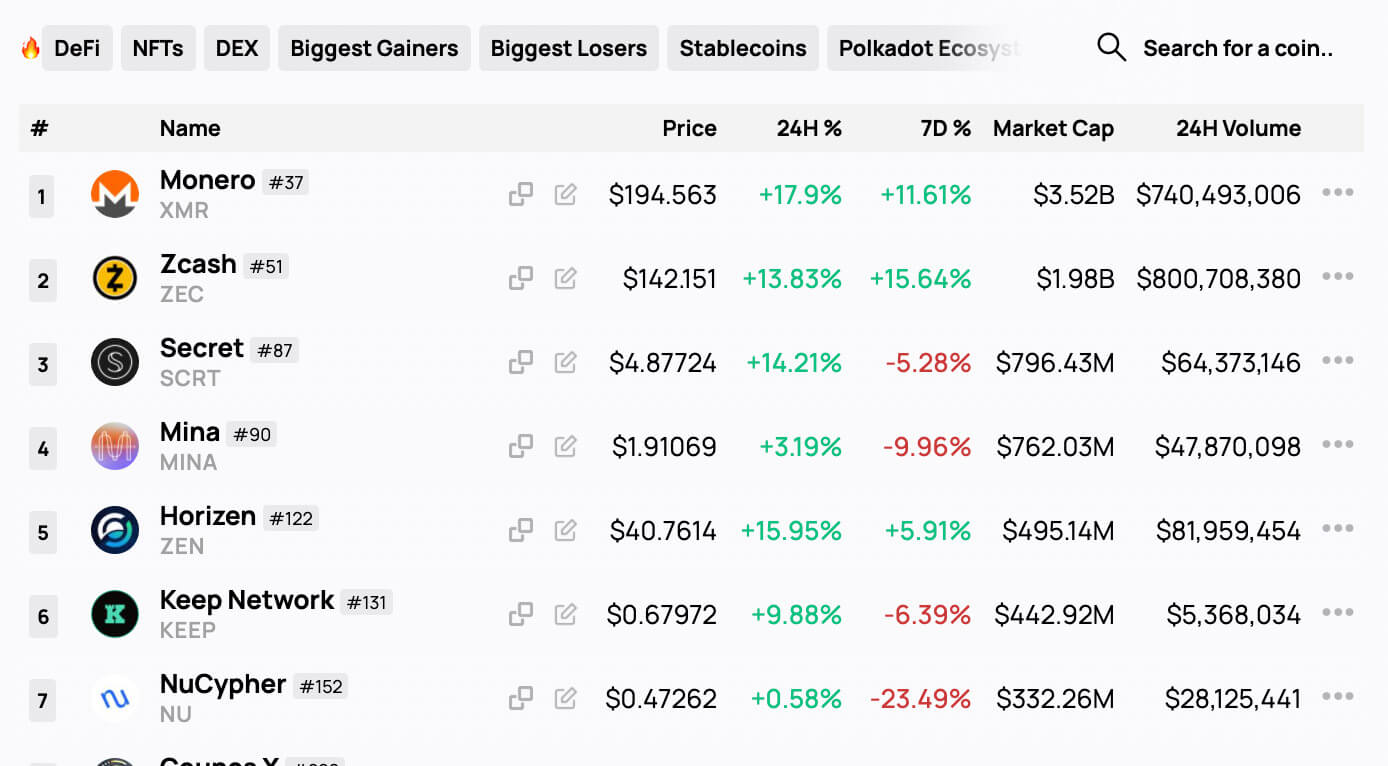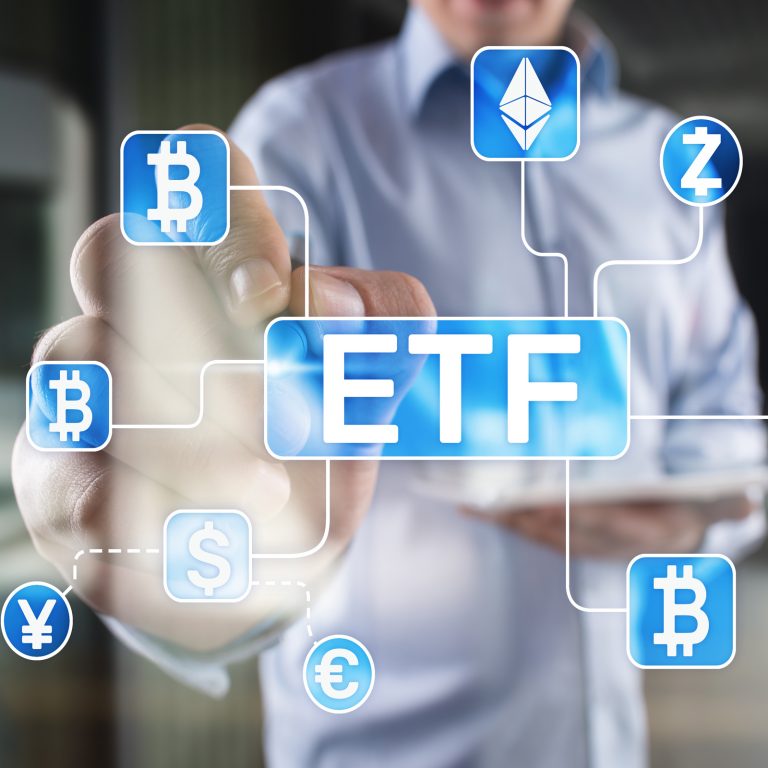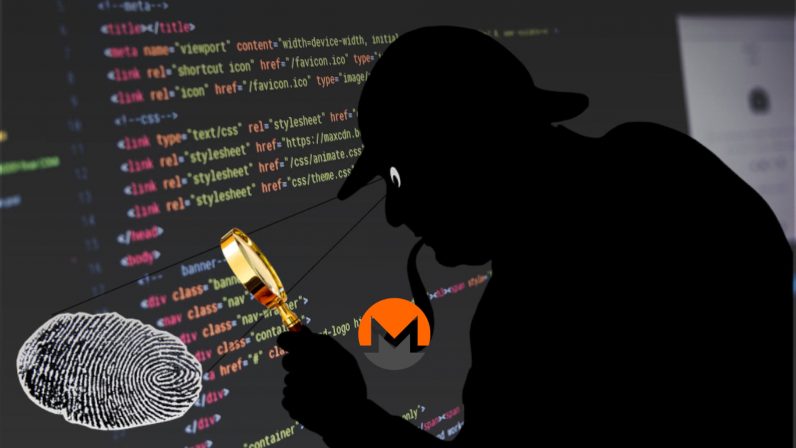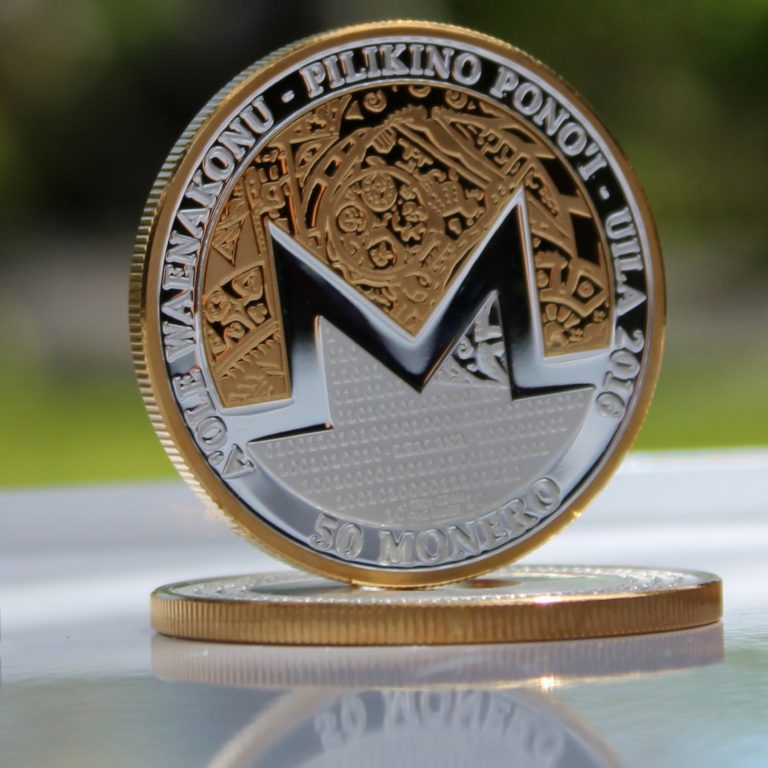2019-7-3 19:17 |
The first Monero Konferenco took place June 22nd and 23rd in Denver, Colorado. Per previous coverage, the two-day conference billed itself as an opportunity to meet and greet the “privacy advocates, cypherpunks, scientists, and philosophers” who make up the Monero community.
While the Monero community has its fair share of right-leaning crypto-anarchists, the atmosphere at #Konferenco2019 was more like a gather of academic and innovative minds.
Contrary to popular belief, the majority of the attendees were not overly protective of their identities, and there was not a single Fawkes mask in sight. Instead, the speakers represented passionate data scientists, mathematicians, developers, and creators, who are continually trying to “break Monero” in order to stress test and improve the protocol.
“Most Cryptocurrencies Are At A Zero.”Dr. Brandon Goodell, who also goes by the online moniker Surae Noether, is a member of the Monero Research labs and organized the conference.
In his opening remarks, Dr. Goodell critiqued the state of privacy in the blockchain environment, and his perspective was equally critical towards Monero. He went on to say:
“On a scale of 0 to 10, where zero is completely transparent like in Bitcoin or Ethereum, and where 10 is God’s most private and secretive money system, most cryptocurrencies are at a 0. Coins like Monero and Zcash being used fresh out of the box are at a 1/10. To improve, users of these coins have to take additional steps to protect their privacy.Dr. Brandon Goodell, Monero Research labs
Throughout the two-day conference, experts elaborated on solutions and “additional steps” to improve privacy using Monero. These include anonymous communication networks (such as Tor, I2P, and Onion routing), new protocols for private transactions, spam mitigation, and new ring signature models.
One such session, entitled Breaking Monero, included three in-depth presentations that explored ways in which the Monero blockchain may be manipulated, fail to adequately mask transactions, or be susceptible to spam attacks.
Monero aligns with other privacy coinsDespite the name, Monero Konferenco was as an inclusive event, and embraced the ideals and philosophies that drive other privacy-oriented coins. Many discussions elaborated on the merits and weaknesses of other cryptocurrency projects. Several participants are working on projects that are not wholly within the purview of the Monero-sphere, such as Zcash, Verge, Bitcoin, ZCoin, Ethereum, and PirateChain.
Aram Jivanyan, a researcher at ZCoin, presented his research and mathematical equations behind a new Zerocoin Protocol for private transactions.
Pedro Moreno-Sanchez, a post-doctoral student at TUWein, discussed Bitcoin’s on-chain and off-chain scaling solutions, and how a dual output model could enable payment channel networks (similar to the Lightning Network) with the Monero blockchain.
A brief foray into regulationsThe second day included a transcontinental panel, with attendees of Zcash’s ZCon1 conference streaming in from Croatia. The panel, entitled Government and Privacy, What’s Next? discussed the newest regulations and the value of privacy.
Jack Gavigan, head of product and regulatory affairs for the Electric Coin Company, and Peter van Valkenburgh, a board member at Zcash Foundation were on screen for the panel. In Denver, Jerry Brito, executive director at Coin Center, and Erik Voorhees, CEO of ShapeShift, participated on the Konferenco’s behalf.
While Zcash and Monero both favor privacy and data protection, they have different ideas on how to achieve those goals. Both cryptocurrencies have distinct perspectives on levels of trust and trustlessness, which heavily correlate with the line between centralization and decentralization.
However, the panelists tended to agree more often than not, especially on topics like free speech, privacy, limited government intervention, data protection, and censorship resistance.
How do privacy and blockchain positively impact society?Monero Konferenco also explored the impact of privacy-oriented blockchains on broader societal issues.
In his presentation, Brito explained why electronic forms of cash are essential for an open society to conduct private peer-to-peer transactions. According to his thesis, permissionless, censorship-resistant currencies can deter invasive policies, such as social applications that enable governments to enact a social credit score. In these circumstances, a poor social ranking can limit access to services like public transportation, travel, or bank accounts.
Jamaal Montasser of the Open Money Initiative, explored how permissionless cryptocurrencies helped the citizens of Venezuela, a country that faces “one million percent inflation, no ability to transfer money in or out of the country, [and] violent crackdowns on merchants who set their own prices.”
However, Montasser highlighted that most Venezuelans use the only cryptocurrency they’re familiar with, Bitcoin.
Monero Community Pitches InThe Konferenco attracted Monero’s best and brightest, to a state that’s becoming more blockchain friendly, for a weekend of protocol development and security enhancement.
The very nature of the event highlights the value the Monero community placed on such a conference. A total of 35 contributions were made by Monero community members to raise an equivalent of U.S. $63,000 in XMR.
Dr. Goodell concluded by saying he couldn’t be any more proud to be part of the Monero community. A great deal of talent was present in Denver, sharing their cutting-edge research and work towards improving the privacy of the Monero protocol.
The post Monero Konferenco Explores New Ways To Secure Privacy appeared first on Crypto Briefing.
origin »Bitcoin price in Telegram @btc_price_every_hour
Monero (XMR) на Currencies.ru
|
|






















